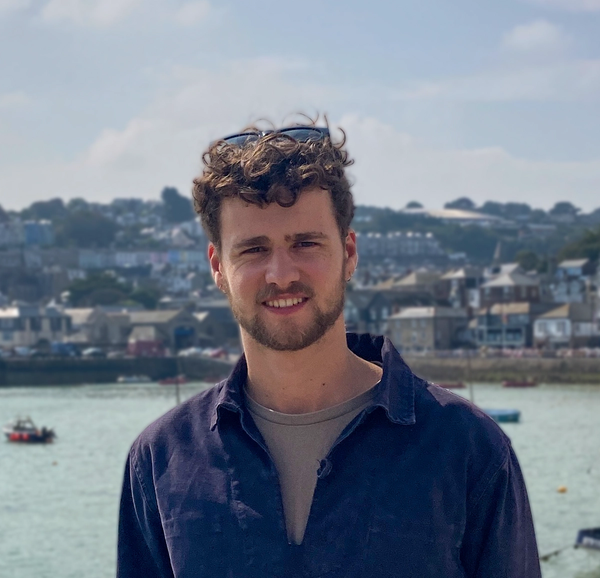36 athletes from 11 countries form Refugee Olympic Team for Paris 2024
The IOC Refugee Olympic Team will represent over 100 million displaced people at the Paris Games
James Howell-Jones
Junior Writer
© International Olympic Committee
The IOC Refugee Olympic Team
The International Olympic Committee (IOC) has announced the athletes that will be part of the IOC Refugee Olympic Team at the 2024 Games in Paris, France.
The 36 athletes hail from 11 different countries. They have been selected based on their sporting performance and verified refugee status, but consideration has also been given to balancing representation across sports, genders and countries.
The athletes have been hosted by National Olympic Committees (NOCs) around the world. They are competing across 12 sports, including road cycling, for which there are two participants.
Eyeru Gebru will be representing the team in women's road cycling. Gebru is an Ethiopian road cyclist who has represented her country at major championships, including claiming second place in the road race at the 2019 African Continental Championships. Due to the civil war in the north of Ethiopia in 2021, she has since moved to France, where she now lives. She races for Continental team Komugi-Grand Est.
Amir Ansari will represent the team in the men's road race. Ansari was born in Iran and grew up in Afghanistan, but was forced to flee in 2015. He sought refuge in Sweden, where he now lives. He has competed as part of the Stockholm CK team and UCI Refugee Team.
The entire refugee team is led by cyclist Masomah Ali Zada. Ali Zada competed for the refugee team in Tokyo 2020 and has now been awarded the role of Chef de Mission for the Refugee Olympic Team.
She is from Afghanistan, a conservative country. When she began riding and racing competitively, she became a target for threats. Even so, she persevered, eventually competing as part of the Afghan women's national cycling team. She became a refugee in 2017 and fled to France, where she received an IOC Refugee Athlete Scholarship.
The IOC set up the refugee team at the UN General Assembly in 2015. The first Olympic Refugee Team, consisting of 10 athletes, competed at the 2016 Games in Rio. The team competed again at the 2020 Games in Tokyo, this time with 29 athletes.
IOC President Thomas Bach spoke of the team's origins at the announcement: "It was important to set it up because with about 60 million refugees and displaced persons at the time, we thought: 'There must be athletes.' We wanted to help these athletes to make their Olympic dream come true."
He also highlighted the ongoing importance of the programme as the number of refugees continues to climb:
"Now, eight years later, the situation has got worse. We can expect, until the end of this year, about 130 million displaced people and migrants. Therefore, it was absolutely necessary that we continue and even strengthen our programme now for Paris 2024."
For more of the latest updates, visit our general news page.









